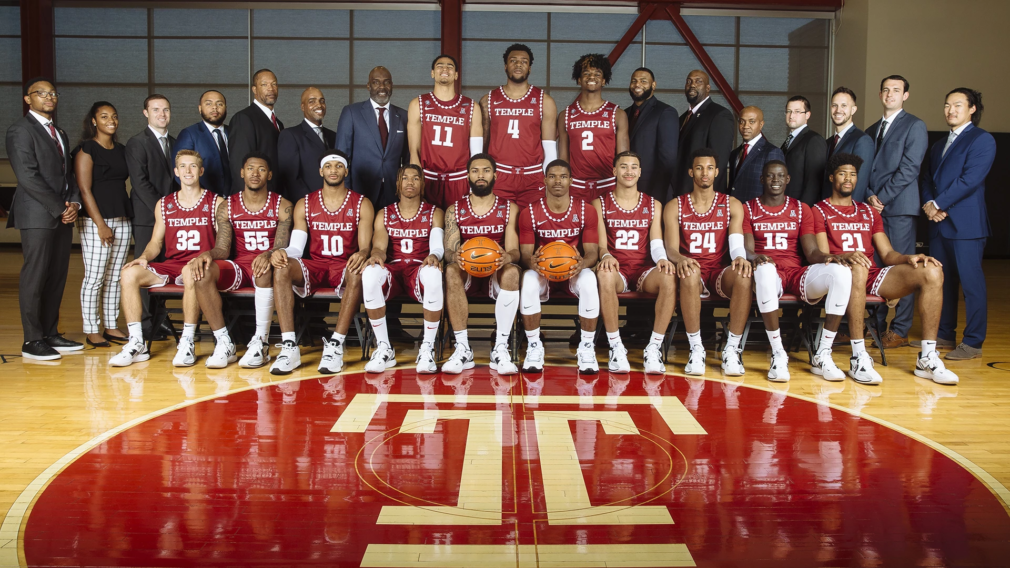Investigation Probes Whether Hysier Miller Bet on His Own Games
A federal investigation is underway to determine whether Hysier Miller, a former Temple basketball player, bet on his own games and manipulated the outcomes of matches he participated in.

The Hysier Miller Investigation
According to ESPN, the investigation focuses on allegations that Miller placed bets on games while playing for the Temple Owls and intentionally influenced their outcomes.
Miller, who was one of Temple’s leading scorers last season, transferred to Virginia Tech but was removed from the team on October 23 due to the ongoing federal and NCAA investigations into Temple’s games.
Suspicion arose after a Temple game on March 7, when unusual betting activity was observed. The point spread for the game shifted significantly on the morning of the match—a rare occurrence in college basketball, especially late in the season.
Thomas Gable, sportsbook director at The Borgata in Atlantic City, reported altering the betting line after a surge of wagers on UAB.
Both the NCAA and the FBI are investigating the matter, though Miller denies the allegations.
A Broader Issue
Miller’s case highlights a larger issue surrounding sports betting among athletes. Betting on one’s own performance is strictly illegal, yet cases of gambling addiction among athletes are not new.
One recent example is Jontay Porter, who was banned by the NBA in April this year due to a betting scandal. Porter’s case remains unresolved, as authorities investigate a potential scheme involving unauthorized betting on his performances.
In response to the allegations against Porter, the NCAA urged state regulators to remove player props for college athletes from sportsbooks’ offerings.
The NCAA’s efforts aimed to protect players from harassment by bettors. However, only three states have responded to the NCAA’s appeals, and Wyoming recently decided that the evidence provided by the NCAA was insufficient to justify banning player props for college leagues.
Instead, Wyoming announced stricter penalties for individuals harassing athletes, though it did not link these actions directly to sports betting.
Recommended
